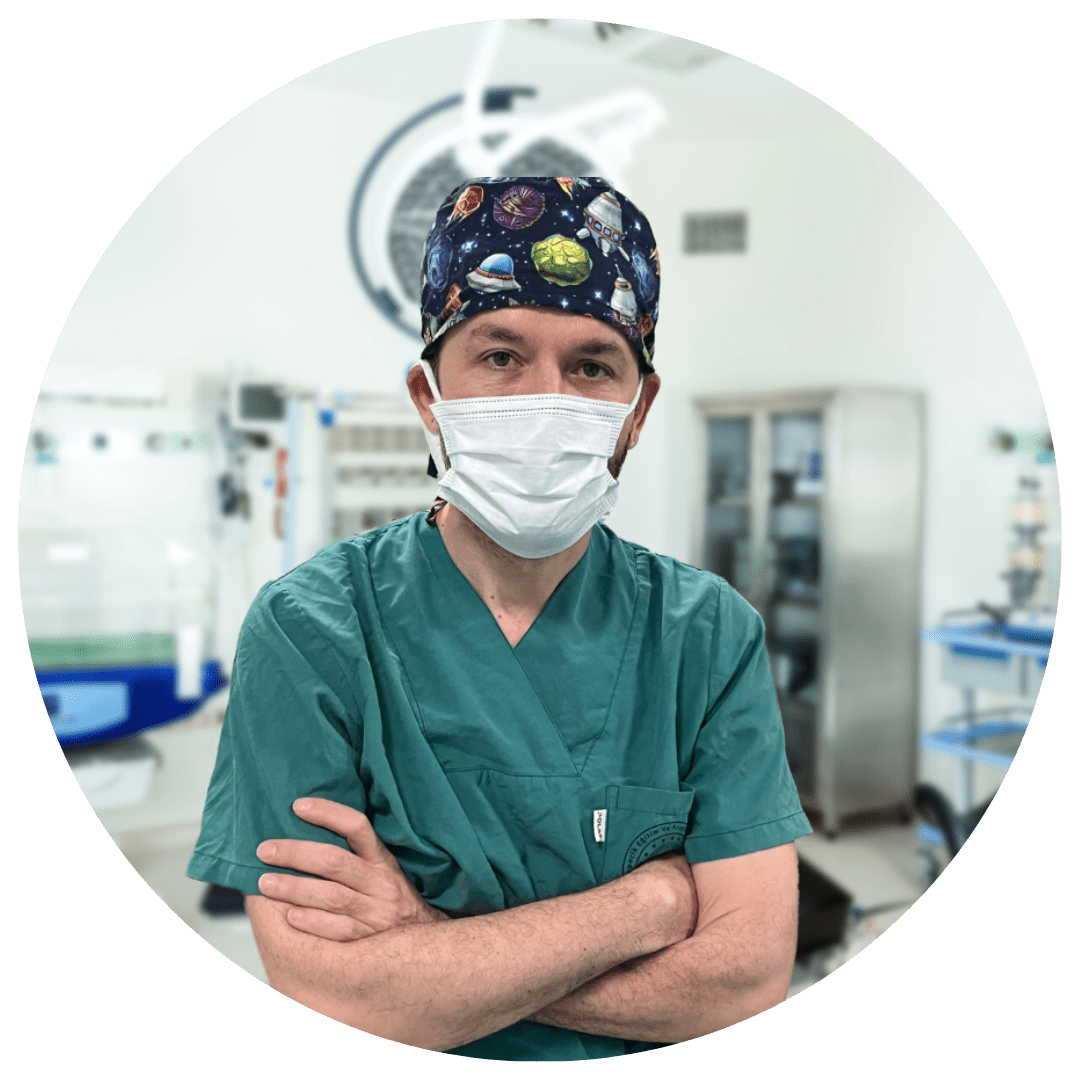- 6 March 2023
- Prof. Dr. Gökhan Koç
- Comment: 0
- Blog
The prostate gland is a small, walnut-shaped organ that is part of the male reproductive system that can develop prostate cancer. Prostate cancer, which ranks second after lung cancer in cancer-related deaths in men, is the most common type of cancer in men. Although the exact cause of prostate cancer is unknown, there are a number of lifestyle factors, such as diet and exercise, age and family history, that can increase the risk of developing the disease. In this article, we will examine the connection between smoking and prostate cancer and talk about the advantages and disadvantages of quitting for this disease.
What is Prostate Cancer and How Does It Develop?
The prostate gland, located just below the bladder and in front of the rectum, is responsible for producing the fluid that carries sperm during ejaculation. When abnormal cells in the prostate gland multiply and grow out of control, a tumor forms, signaling the beginning of prostate cancer.
The risk of prostate cancer increases with age, with most cases occurring in men over the age of 65. Family history of the condition, a diet high in red meat and dairy products, and a sedentary lifestyle are additional risk factors for prostate cancer.
Does Smoking Cause Prostate Cancer?
According to some evidence, the risk of developing prostate cancer may increase with smoking. According to research, men who smoke are more likely to get prostate cancer than men who do not smoke. Men who smoke also have a higher risk of developing more deadly, difficult-to-treat forms of prostate cancer that are more aggressive in nature.
Although the exact mechanism by which smoking increases the risk of prostate cancer is not fully understood, it is generally accepted that harmful chemicals in cigarette smoke, which have the potential to damage DNA and other types of genetic material in the body, are responsible. These substances can change the way cells normally work, causing abnormal cells to grow and eventually cancer.
Benefits of Quitting Smoking for Prostate Cancer
Reduced risk of prostate cancer: One of the main advantages of quitting smoking is that it can reduce the chances of developing the disease. According to research, men who quit smoking are less likely to get prostate cancer than men who don’t quit. Quitting smoking may also reduce the risk of developing more deadly and difficult-to-treat aggressive forms of prostate cancer, which are more common.
Better treatment outcomes: Quitting smoking may help men with prostate cancer get better care. According to research, men who smoke while being treated for prostate cancer are more likely to experience treatment-related side effects and have a higher risk of developing complications such as infections and blood clots. By quitting smoking, these risks can be reduced and treatment results can be improved.
Disadvantages of Quitting Smoking for Prostate Cancer
Although there are many potential benefits to preventing prostate cancer, quitting smoking can also be a difficult process. Because withdrawal symptoms such as irritability, anxiety, and cravings are common, it can be difficult for many smokers to maintain their quit attempt. It is crucial to get help from friends, family, and medical professionals to overcome these obstacles and increase the likelihood of success.
Although quitting smoking can help lower your risk of developing prostate cancer, your chance of developing the disease may still be very low. The risk of developing prostate cancer may also be affected by other variables such as age, family history and diet. Men with a strong family history of the disease or other risk factors may also still be at increased risk of developing prostate cancer or experiencing a recurrence after being diagnosed with prostate cancer.
Reference: Orhan, N. (2011). Investigation of oxidant-antioxidant status and the effect of paraoxonase on this condition in patients with prostate cancer.

Prof. Dr. Gökhan Koç graduated from Gazi University Faculty of Medicine in 2000. After his graduation, he worked as a research assistant in the urology clinic at Tepecik Training and Research Hospital for 5 years and became a specialist doctor in 2007. He currently provides services in urological surgery in İzmir.




